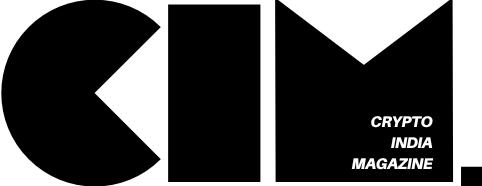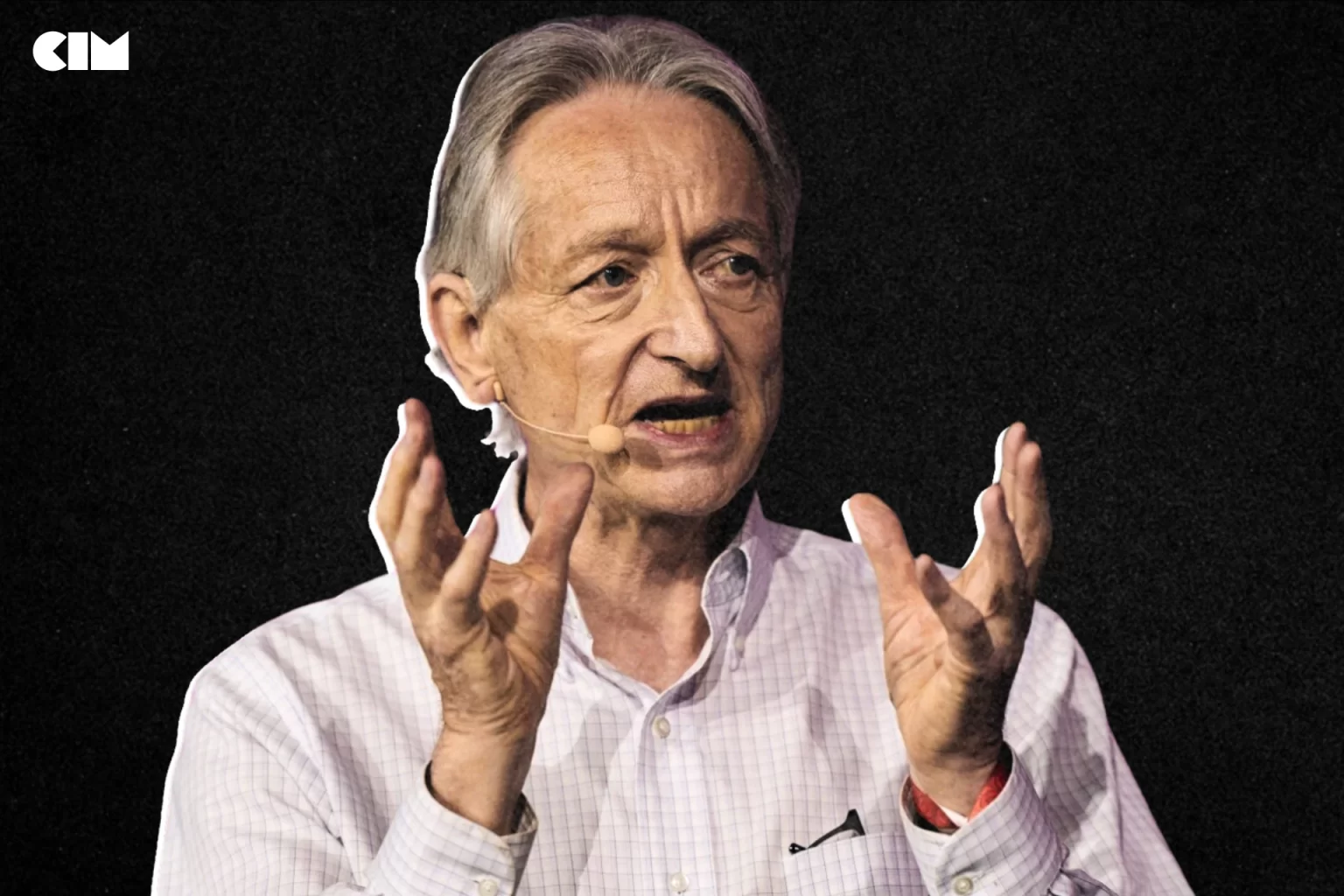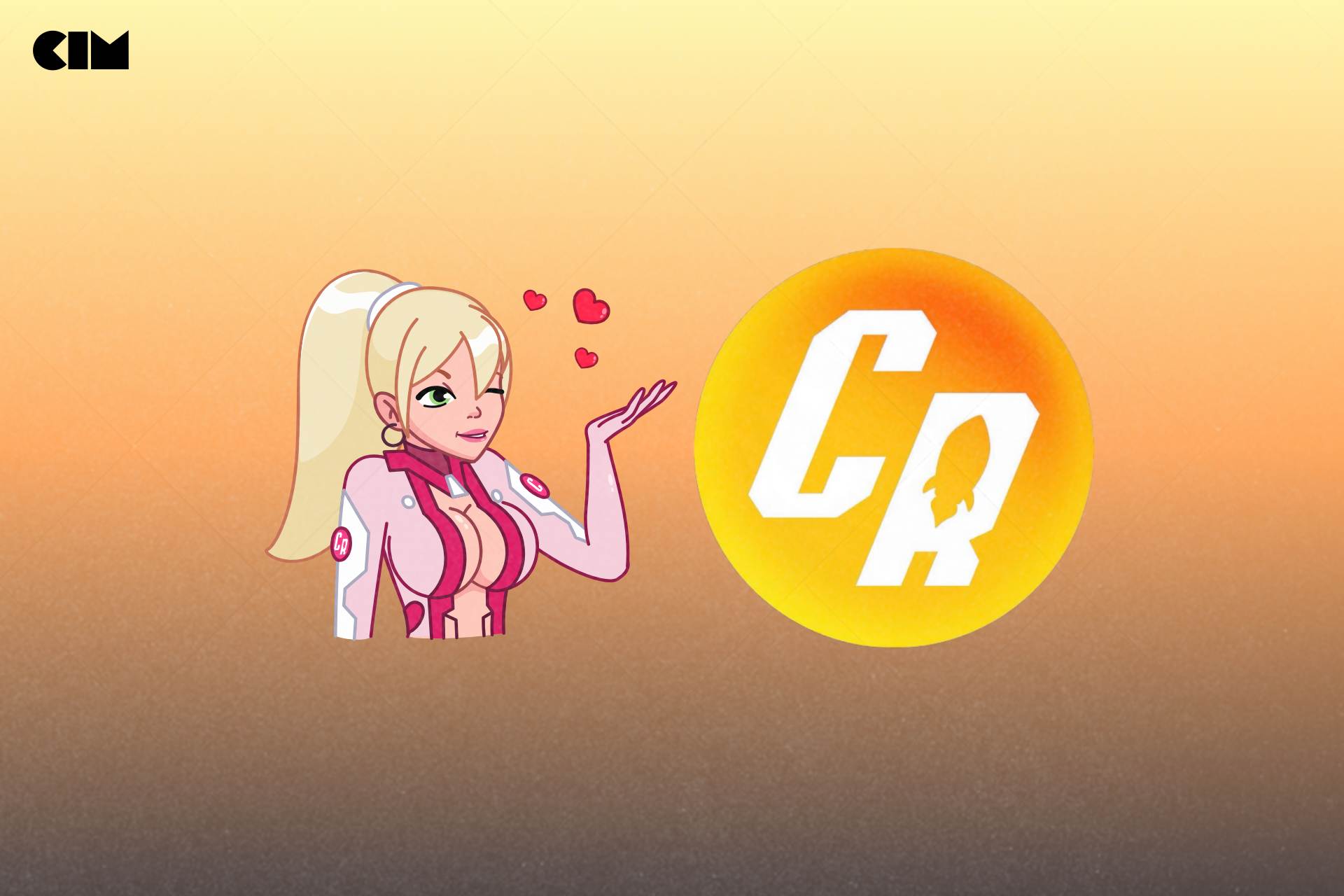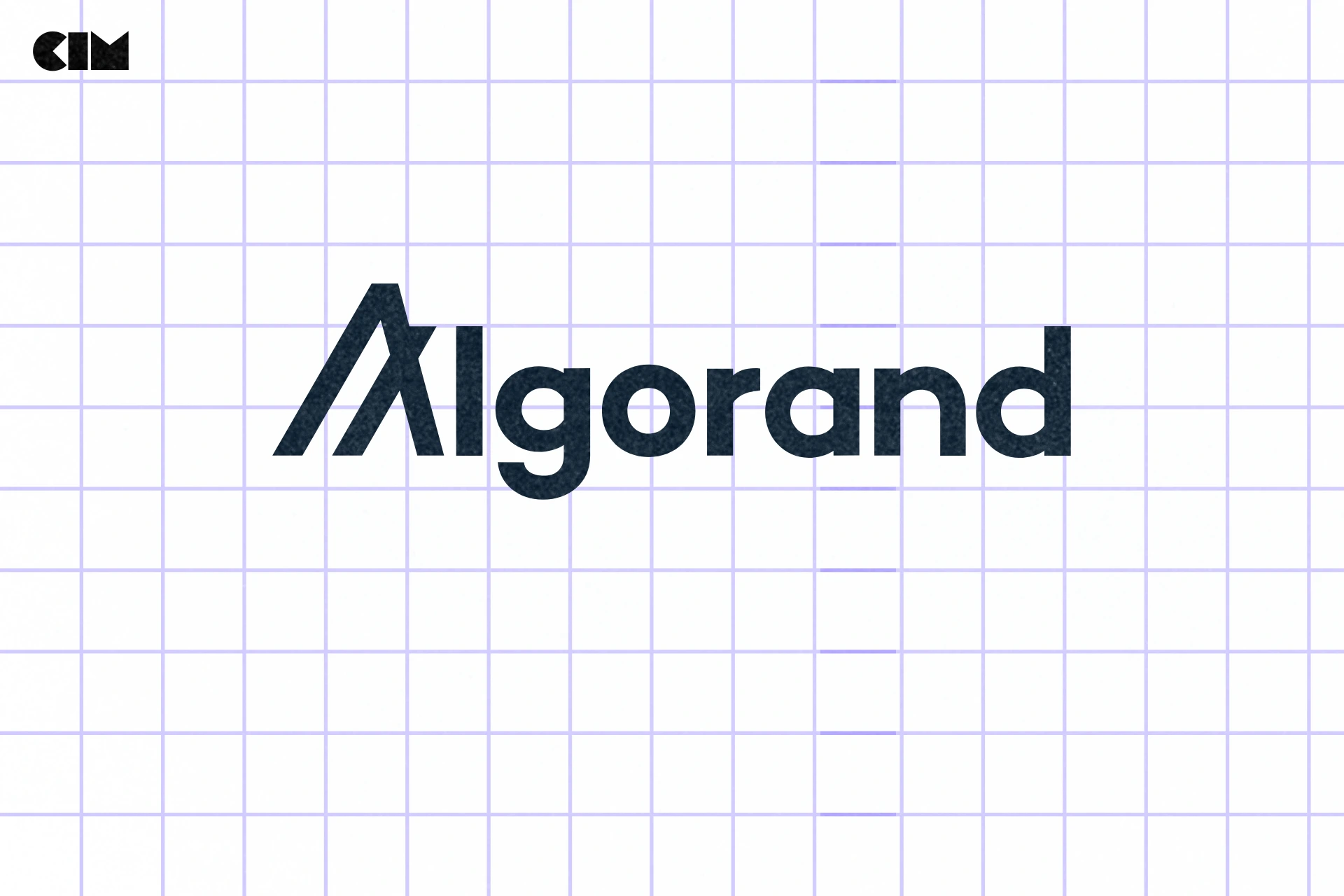QUICK BITE
- Geoffrey Hinton has won the Nobel Prize in Physics for his groundbreaking work on artificial neural networks, alongside John J. Hopfield.
- Hinton issued a warning about the dangers of AI following his win, stressing concerns about managing systems smarter than humans.
British-Canadian scientist Geoffrey Hinton, known as the “Godfather of AI,” has won the Nobel Prize in Physics, along with American professor John J. Hopfield, for their groundbreaking work on artificial neural networks. The Royal Swedish Academy of Sciences announced the award on Tuesday, highlighting their pivotal early contributions to artificial intelligence.
Hinton, 76, said he was shocked by the news. “I’m stunned,” he shared with the Nobel committee. “I was in a cheap California hotel with poor internet and phone service. I was supposed to get an MRI today, but I’ll have to cancel.”
Hinton’s work in the 1970s and ’80s, particularly on backpropagation algorithms and applying physics principles to pattern recognition, helped shape modern artificial intelligence (AI), including technologies like ChatGPT.
However, following his Nobel Prize win, Hinton issued a stark warning about the risks of AI. In his remarks, Hinton stressed the need to be concerned about the negative consequences of AI advancements, noting that we lack experience in managing systems smarter than humans.
While AI offers benefits, such as advancements in healthcare, Hinton cautioned about the dangers of AI potentially spiraling out of control. This isn’t the first time Hinton has raised concerns about AI, echoing the fears of many experts about the risks posed by artificial general intelligence (AGI).
Hinton has long voiced concerns about the risks of artificial intelligence. From 2013 to 2023, he worked at Google’s AI division, Google Brain, while teaching at the University of Toronto, where he mentored AI leaders like Ilya Sutskever, co-founder of OpenAI, and Yann LeCun, Meta’s chief AI scientist. Together, they developed a neural network that paved the way for tools like ChatGPT, Bing, and Bard.
In a recent University of Toronto press conference, Hinton even expressed gratitude to his students, noting many of them are “cleverer” than him. He even highlighted Sutskever, who played a key role in the field of machine learning.
Hinton jokingly added, “I’m especially proud that one of my students fired Sam Altman.”
Sutskever, formerly OpenAI’s chief scientist, studied under Hinton at the University of Toronto and has since made significant contributions to AI development. Additionally, Sutskever played a key role in the events surrounding the removal and later reinstatement of OpenAI’s CEO, Sam Altman, in November last year. As a board member, Sutskever initially backed Altman’s dismissal. However, just days later, he reversed his position, joining employees in signing a letter calling for Altman’s return and expressing regret for his role in the decision to remove him.



